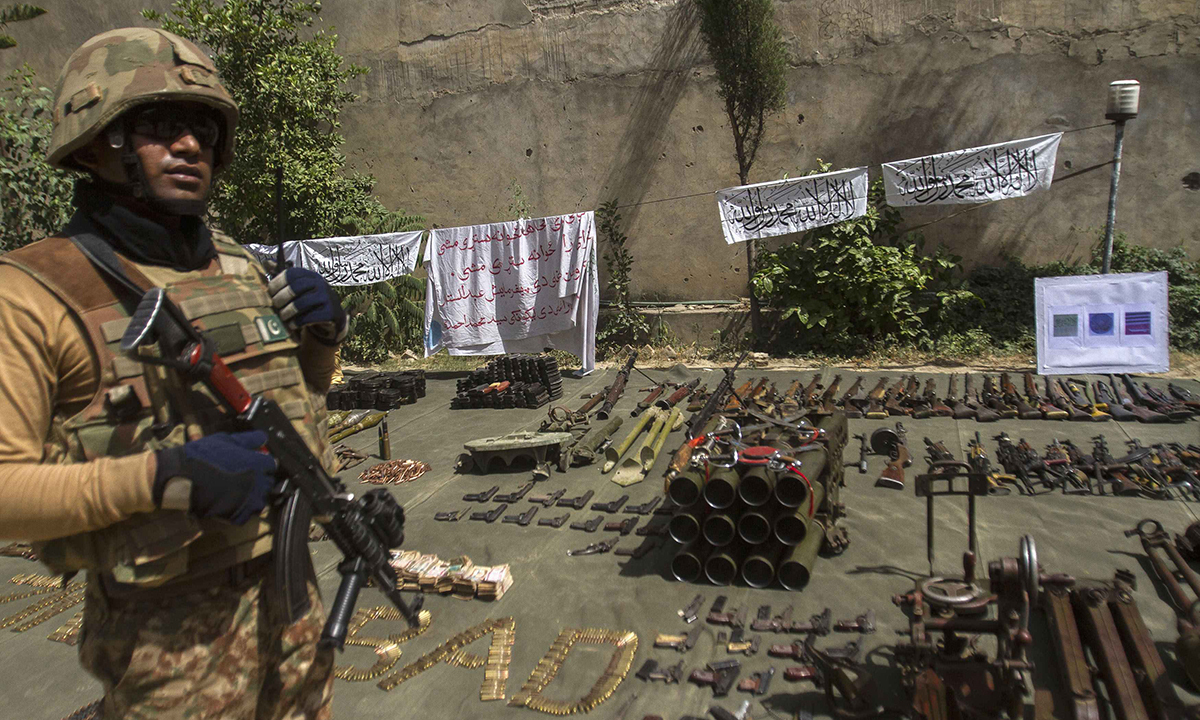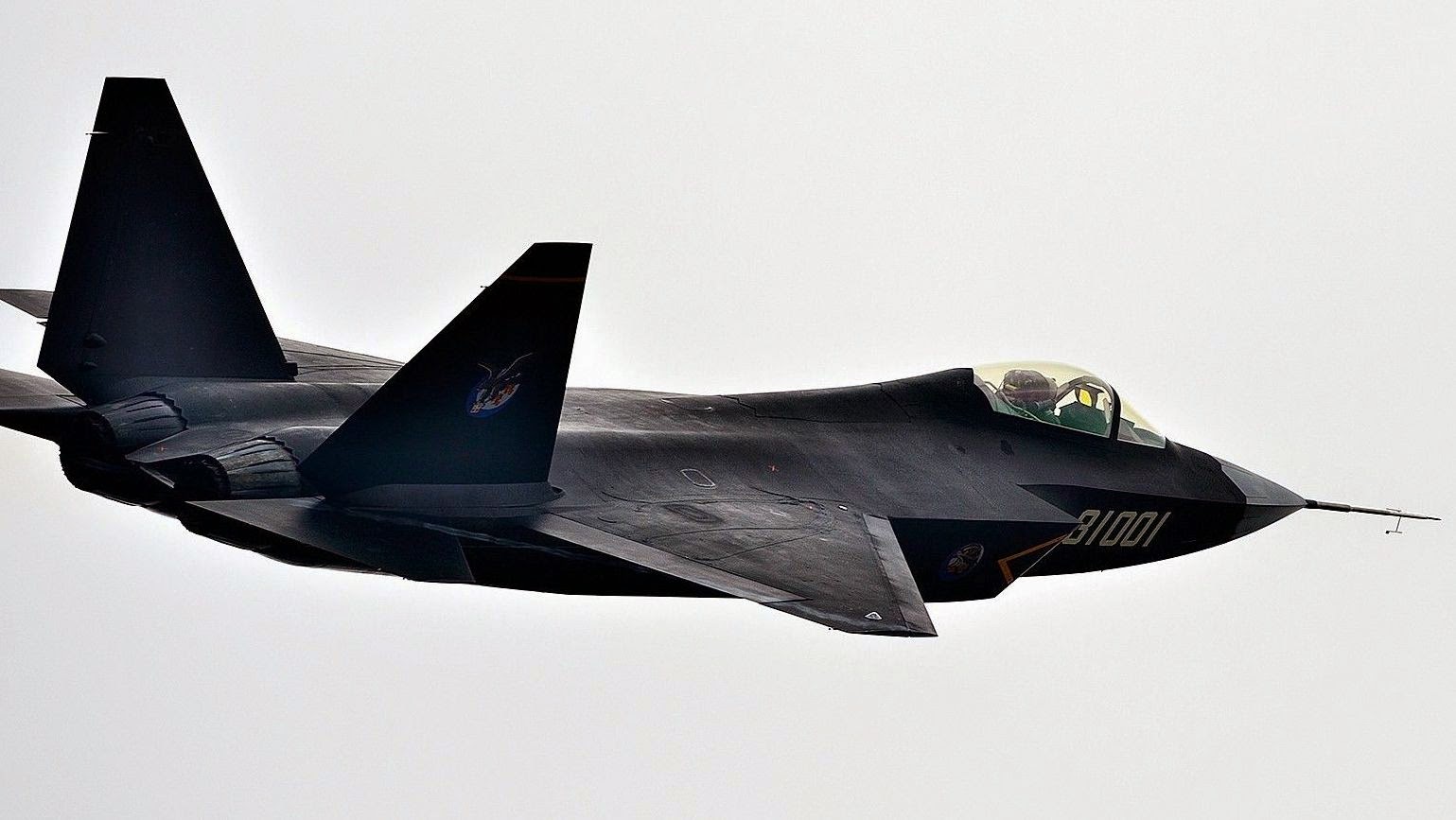23Views 8Comments

The U.S. will withhold $300 million in CSF funding to Pakistan
With U.S. Secretary of Defense Ash Carter being unable to certify Pakistan’s commitment against the so-called Haqqani network to Congress, the U.S. has decided to withhold $300 million in Coalition Support Funding (CSF) to Pakistan (Reuters).
Speaking to the media, Pentagon spokesman Adam Stump said, “The funds could not be released to the Government of Pakistan at this time because the Secretary has not yet certified that Pakistan has taken sufficient action against the Haqqani network.”
CSF is a U.S. Department of Defense mechanism meant to support allies engaged in counter-terrorism and counterinsurgency (COIN) operations, mainly through reimbursements of incurred costs. Pakistan has been a CSF recipient since 2002, receiving $14 billion U.S.
Comment and Analysis
It is unclear to what extent Washington’s decision will impact Pakistan’s counterinsurgency efforts in the Federally Administered Tribal Areas (FATA), especially in the short-term. There is no overt indication that Zarb-e-Azb will wind down or shift in response to the lack of CSF support. In fact, there has been a strong effort on the part of the Pakistani government to have the nation view the armed forces’ operations in FATA as a matter owned by the Pakistani people, not the U.S.
When it initiated Zarb-e-Azb, the Pakistan Army leadership was adamant in claiming that the operation was wide-reaching, i.e. it did not differentiate between the various Taliban factions residing within North Waziristan. This refusal basically delegitimizes that claim, and will be viewed (in public opinion) as a slight against the subsequent human and material losses accrued as a result of Zarb-e-Azb.
If viewed in the context of Congress’ refusal to release Foreign Military Financing (FMF) support for the Pakistan Air Force (PAF)’s F-16C/D purchase (now defunct), the CSF decision will be viewed by some circles in Pakistan as a deliberate push on Washington’s part to underrate Pakistan’s defence needs.
To what extent this sharpened skepticism (towards Washington) will factor into the decisions of Pakistan’s political and security leadership remains to be seen. There have been contentious moments in the past, e.g. the Abbottabad raid against Osama bin Laden, Raymond Davis incident and NATO’s attack on the Salala check-post in 2011 (and 400+ prior and subsequent drone strikes on Pakistani territory).
In terms of defence procurements, it is likely that the current environment will ultimately steer Pakistan away from seeking military equipment from the U.S., at least directly. For example, if the request for even surplus or excess defence article F-16s were to draw in Congress, Pakistan will simply avoid the avenue entirely. This does not preclude Pakistan from seeking U.S. technology through intermediary routes, e.g. American subcomponents found on non U.S. equipment, or surplus U.S. military equipment from third-party operators (the approval of which would not necessarily require Congress).
Finally, Washington’s refusal to withhold aid or reimbursements is not a new occurrence. It is plausible that a smaller portion of the funding (or its entirety, but with tighter strings) could be released in the near future. Military aid and big-ticket items are still Washington’s key foreign policy tools in preserving its long-term influence in Pakistan’s security leadership.


